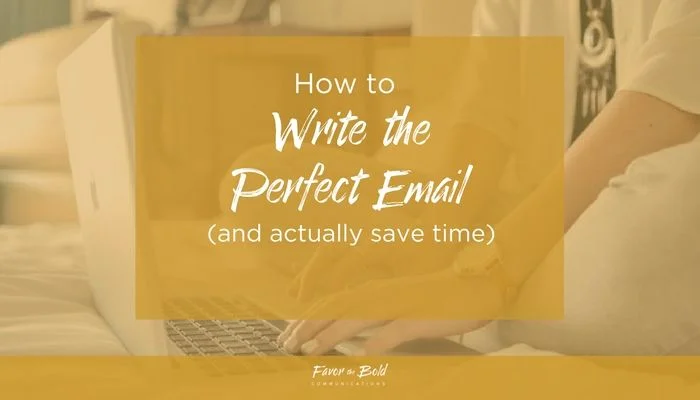Have you ever felt like the dumbest person in the room? I have. It's not that I’m not a smart person-- it’s more a reflection on the kinds of people I’ve been lucky enough to work with.
I was recently hired to attend a workshop of technologists and entrepreneurs who were refining their pitches for potential investors. And let me tell you, walking into a workshop full of geniuses was enough to give anyone an inferiority complex. My little Communications degree looks decidedly less impressive when I’m in a room full of PhDs.
At first, I didn't know what I was doing there. Compared to all these brainiacs whose innovations were changing the world, what did I have to contribute? And then I heard the entrepreneurs practicing their pitches. They were absolutely terrible. Jargon, mixed with technical gobbledegook, mixed with nervousness, mixed with details that only a scientist could appreciate, shaken together with a pinch of charmingly awkward social skills.
Now you might be thinking, “What does any of this have to do with me? I’m not a socially-challenged super-genius trying to explain my technological breakthrough.” And while you’re right, you’d be surprised how much you might have in common with them.
1. Understand that communication is key
You can have the best service or product in the world, but if you can’t effectively explain it to others, you’re screwed. At the end of the day, every entrepreneur or business owner-- technical whiz-kid or not-- needs to be able to communicate their value-- clearly, confidently and succinctly.
Which is why the advice I gave in that workshop is just as important for the creative small business owners who read this blog as it is for the technologist with a new innovation.
And that advice is: Simplify.
2. Implement the One-Sentence Rule
To help the participants improve their pitches, I walked from person to person and asked them to tell me about their innovation in one sentence. Many of them balked at that, saying their offering was too complex and could do too much to be reduced to one sentence.
Sound familiar?
When we’re so close to our business, it’s difficult to forget that no one cares about our offering as much as we do. No one needs all of the details. No one wants to know how the sausage is made.
I listened to the same 2-minute pitch three times in a row and still had no idea what the guy was selling. And it wasn’t just because of my inferior knowledge-- one of the investors actually grabbed my arm at some point and desperately whispered, “Help them.”
So to keep your audience engaged, you have to give them just enough information to pique their interest, without giving them way more information than they need or want.
And the one sentence rule is a great place to start.
Limiting how much you can say forces you to be ruthless. It forces you to cut out all the BS and only stick to the most important information. It forces you to focus.
And remember, you can always add a second sentence to give concrete examples that better illustrate the benefits of what you offer. But your one-liner should be able to stand alone.
3. Ask yourself, “So What?”
Cutting all of the benefits and features about your offering to just one sentence feels brutal. How do you know what stays and what goes?
You need to be an asshole.
I generally don’t encourage negativity, but this is one instance where being critical can really help you communicate better. To do that, for every point you want to make, ask yourself, “So what?”
Your pitch needs to go further than generalizations and aspirations: it needs to convince me to care.
Why should your audience care about what you do? It’s not their job to see the value of what you offer, it’s your job to show them. And to do that, you need to challenge yourself to get super clear on what you offer and what value you bring.
4. Keep it simple
Now that you have a short, concrete explanation of what you do, there’s one last step to making it ready for action: simplify it.
Practice on someone outside of your industry. Do they understand what you do? Are there terms you need to define or jargon you need to replace?
It’s probably not very PC to say, but the fact is, people don’t want to have to think. They don’t want to have to take the time and effort to figure out what you’re saying. Expecting them to make that effort is a good way to lose their interest-- and their business.
And if you’re worried about talking down to your audience, don’t be. They want to understand. They get embarrassed when they have to ask for clarification. And if they know more than you think they do, they’ll be happy to let you know.
Because let’s face it: nobody wants to feel like the dumbest person in the room.
Believe me, I know.











![How to boost your brand offline-- and get more business [Part 3]](https://images.squarespace-cdn.com/content/v1/5671d7a82399a31f114f4c55/1477565172008-2K7456WNHWYM99T12HTV/How+to+boost+your+brand+offline--+and+get+more+business.jpg)